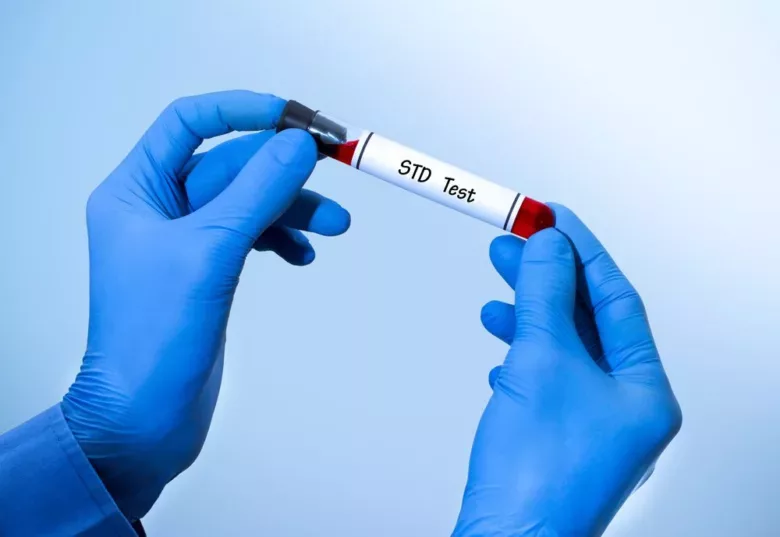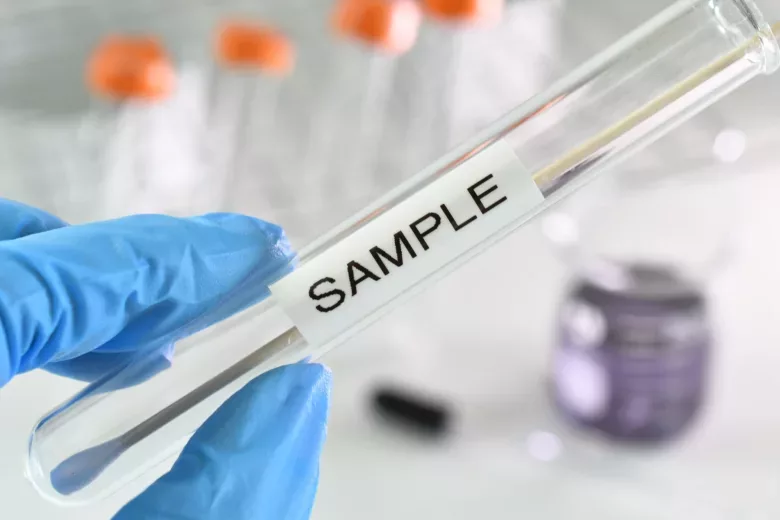In the United States, 2.5 million new cases of STDs were recorded in 2021. This leaves out the many cases that might have gone unreported. However, due to widespread awareness and sensitization, most patients now get quickly tested as soon as symptoms develop. Some even take the wiser step and get themselves and their partners tested before engaging in any sexual activity.
However, while sometimes the STDs are easily detected owing to their symptoms, diseases like Chlamydia and Gonorrhea are completely asymptomatic. These can have dangerous side effects if they go untreated, such as infertility in both sexes. Therefore, it is advised to opt for a panel testing or STD testing procedure to lower the risk of infections.
The testing procedure for the diseases
The testing procedure differs for different types of STDs.
Testing for HIV:-
HIV screening is can be done through three types of tests: antigen/antibody tests, antibody tests, and Nucleic acid tests (NAT). Each of these tests has a unique window period:-
- A NAT can detect HIV infection 10–33 days post-exposure.
- A laboratory-performed antigen/antibody blood test identifies HIV infection 18 to 45 days post-exposure.
- To detect HIV within 23 to 90 days after exposure an antibody test is done.
Testing for Syphilis:-
The screening for Syphilis is done through a blood test. A small amount of blood will be collected into a test tube or vial and sent to the laboratory to test for traces of the bacteria.
Testing for Chlamydia:-
The Chlamydia tests are easy and painless. You need to deliver a sample of cells to a lab for examination. It is not always necessary to be checked by a medical professional first. You can collect the sample yourself.
Typically, women will need to collect the sample via a vaginal swab test or offer a urine sample. Men usually only need to produce a urine sample.
Testing for Gonorrhea:-
There are numerous methods to test for Gonorrhea.
- For women, during an internal examination, a doctor or nurse will typically use a swab to collect a fluid sample from a woman’s vagina or cervix. On occasion, you can be requested to take a sample yourself using a swab or tampon. A urine sample is a less reliable indicator of Gonorrhea in women.
- Men will often be required to produce a urine sample, though they may also be asked to swab their penis for a sample of discharge.
Testing for Trichomoniasis:-
Typically, if your doctor or nurse suspects you have Trichomoniasis, they will examine your genital area. Trichomoniasis in women may result in abnormal vaginal discharge or red spots on the cervix and vaginal walls. The sample for Trichomoniasis testing is also collected using a swab. The swab will undergo laboratory analysis to look for indicators of Trichomoniasis infection.
Testing for Hepatitis C:-
To test for Hepatitis C, the HCV antibody blood test is used. The anti-HCV test, or the HCV antibody test, scans the blood for Hepatitis C virus antibodies. The time it takes for test results to be returned can range from a few days to a few weeks. Several health facilities offer quick anti-HCV tests, and the results can be out in 20 to 30 minutes.
Panel testing procedure for STDs
An STD panel test, also known as a comprehensive STD test or STD screen, is a simple medical test that checks for several different sexually transmitted infections (STIs) at once.
The procedure of an STD panel test is painless, not to mention time and cost-efficient. Two samples are usually collected from an individual:-
- A blood sample: Used to detect the presence of antibodies to certain STIs like Hepatitis C.
- A urine sample: Used to detect the presence of bacteria or viruses that cause STIs.
The exact tests included in an STD panel can vary depending on the provider and the individual’s risk factors for certain infections. It’s important to talk to your healthcare provider about your sexual history and any concerns you may have about STIs so that they can recommend the most appropriate testing for you.
Choose Affordable Rapid Testing for STD screening
If you are interested in an STD screening for you and your partner, choose Affordable Rapid Testing. Based in Phoenix and Scottsdale, Arizona, they have the best laboratories, making them the most reliable STD testing clinic to help you get tested for STDs. They work as a one-stop destination for all testing needs, offering cost-efficient and precise test results in the least amount of time. To find out more about their STD panel screening, visit their website.


